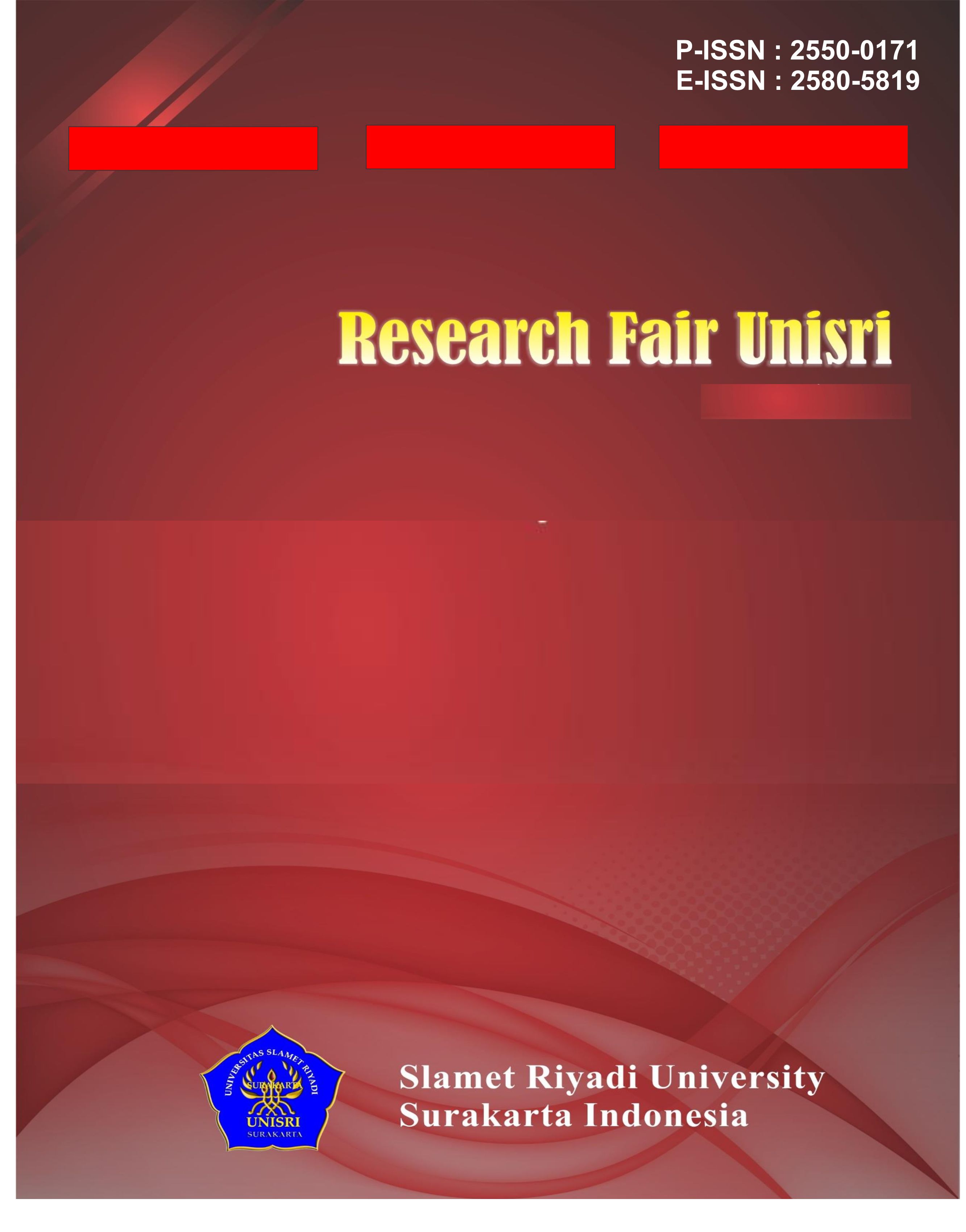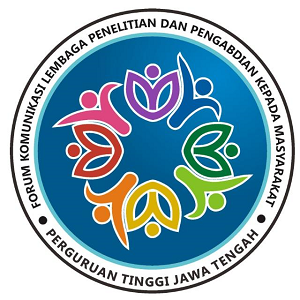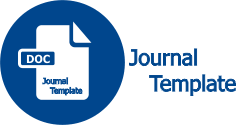PENINGKATAN EKSISTENSI HISTORIS KETATANEGARAAN RI DI ASEAN BERDASARKAN PANCASILA
DOI:
https://doi.org/10.33061/rsfu.v6i1.6848Abstrak
Progress of ideology and constitution on pancasila and the 1945 constitution in the midst of the progress cold war and wordl war II along with its relations to the position of the people as the nation and citizen. With the sociolegal approach, the progress of the pancasila of the and 1945 constitution was found from ideology and constitution that were post-colonial in character to ideology and constitution that were post-authoritarian in character. The change was marked by the reduction in the objectives of tradition reconstruction and decolonization in the 1945 contitution. The proclamation of inddepence in 1945 was reviewed in terms of constitutional law, that the indonesia nation had broken ties with the previous legal order, both with the Dutch East Indies and Japan. That indonesian has built a new legal order, namely the indonesian legal order, whose contents of indonesian law are determined and implemented by the indonesia people them selves. The basic thing is the amendent to the constitution of the republict of indonesia. 1945 is the abolition of the Guidelines of State Policy (GBHN) in the republc of indonesia state system. The goals and objectives of national development in indonesia are currently not adequate, unplanned and difficult to measure the level of success. Until no it has not been uble to become a reference for national development rehabilitating the exsistence of GBHN can have a positive impact on how to protect and protetc of the MPR as one of the state intitutions. Indonesia is a country in carrying out its organization requiring rules that are in accordance with the cultural values of its people. The nations cultural values are listed in the state foundations, namely pancasila, which is the soul of the constitutional regulations, namely the 1945 constitutions. The indonesian goverment system is presidential, the presiden is the head of state as well as head of goverment. State power is in the hands of 3 powers, namely the lagislature, the excecutive and the judiciary. The three powers have different duties, fungtions and authorities

Unduhan
Diterbitkan
Terbitan
Bagian
Lisensi
- Hak publikasi atas semua materi informasi yang tercantum dalam situs jurnal ini dipegang oleh dewan redaksi/editor dengan sepengetahuan penulis. Pengelola Jurnal akan menjunjung tinggi hak moral penulis.
- Aspek legal formal terhadap akses setiap informasi dan artikel yang tercantum dalam situs jurnal ini mengacu pada ketentuan lisensi Creative Commons Atribusi-NonCommercial-No Derivative (CC BY-NC-ND), yang berarti bahwa hanya dengan izin penulis, informasi dan artikel Jurnal PKM dapat didistribusikan ke pihak lain dengan tanpa merubah bentuk aslinya untuk tujuan non-komersial.
- Setiap terbitan Jurnal PKM, baik cetak maupun elektronik, bersifat open access untuk tujuan pendidikan, penelitian, dan perpustakaan. Di luar tujuan tersebut, penerbit atau pengelola jurnal tidak bertanggung jawab atas terjadinya pelanggaran hak cipta yang dilakukan oleh pembaca atau pengakses.




















